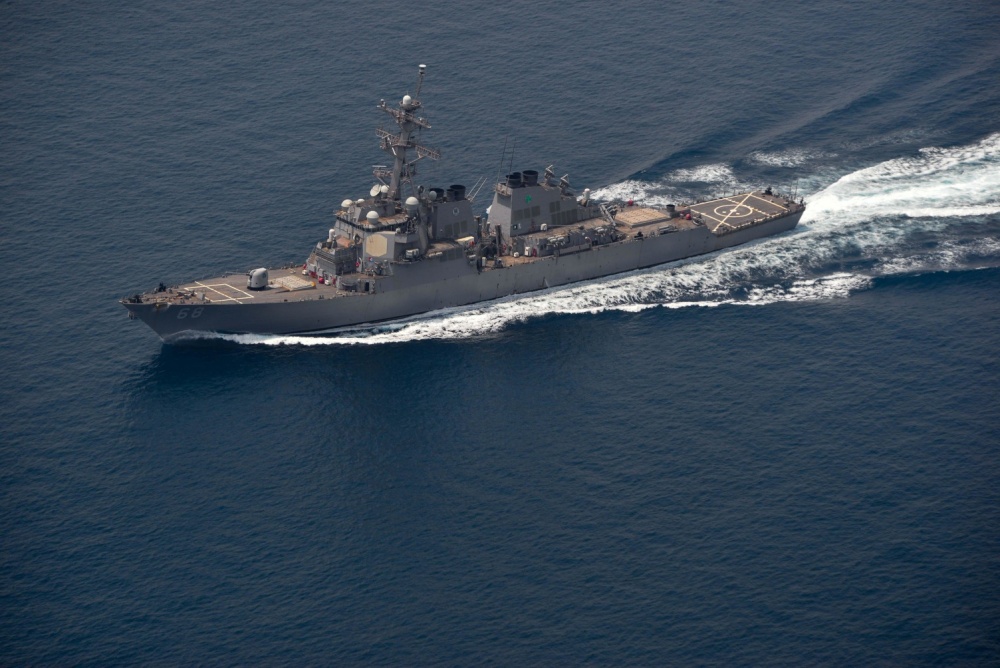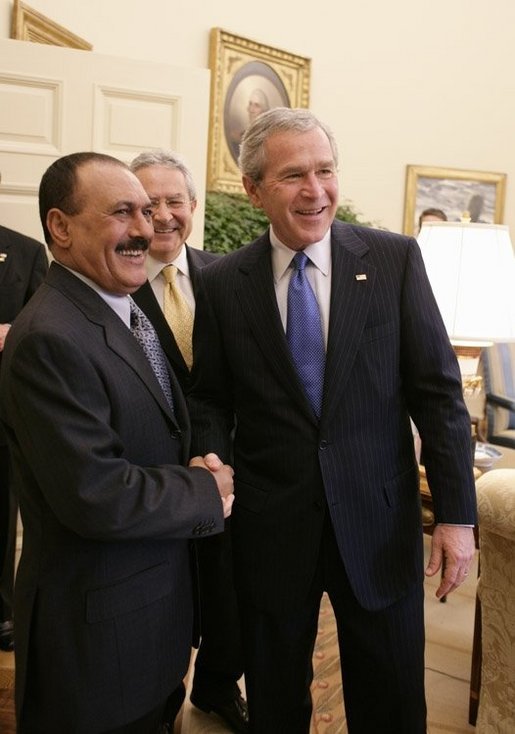
The Navy destroyer USS The Sullivans (DDG 68) makes a port call in Aden, Yemen, part of a U.S. Central Command (CENTCOM) military initiative to improve diplomatic relations with the Sana’a government under President Ali Abdullah Saleh.
Not known until the USS Cole was attacked on October 12 in a subsequent port call was an unsuccessful attempt by al Qaeda to attack the ship on January 3. Abd al-Rahim al-Nashiri, now held at Guantanamo Bay, was the local organizer behind the operation, probably masterminded by al Qaeda operative Walid bin Attash (“Khallad”), also a Yemeni. The small skiff loaded with explosives sank not far offshore as it was launched to attack the USS The Sullivans. Had the plot been discovered by U.S. intelligence, the foolish program to curry favor with the Saleh government probably would have been stopped, or at least greater force protection measures would have been applied to protect the USS Cole when it subsequently visited.

